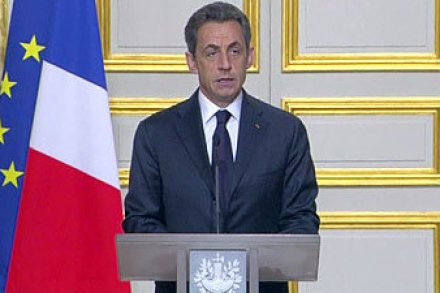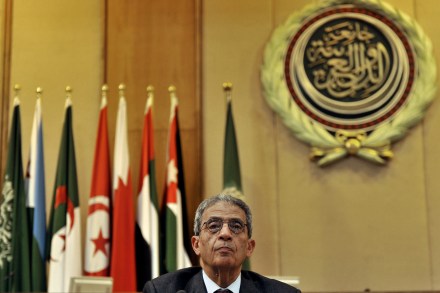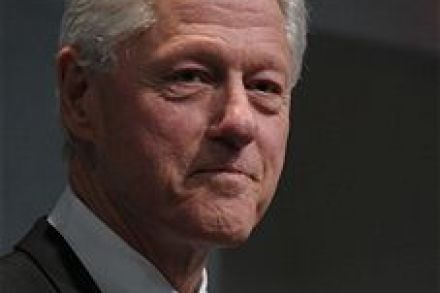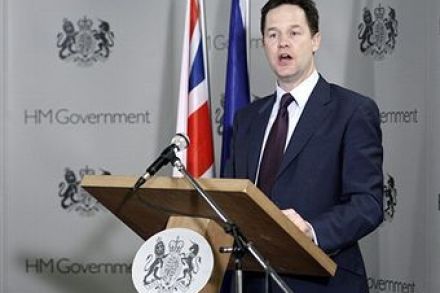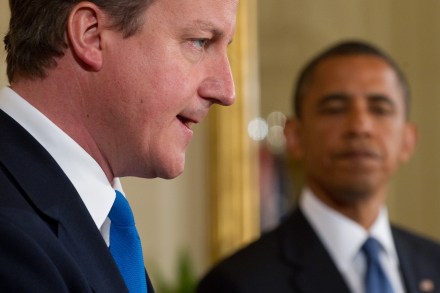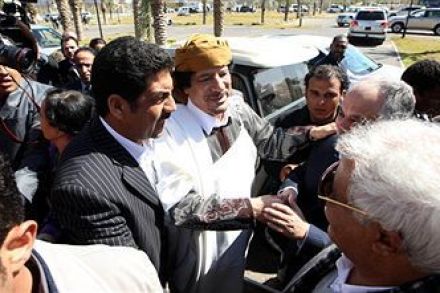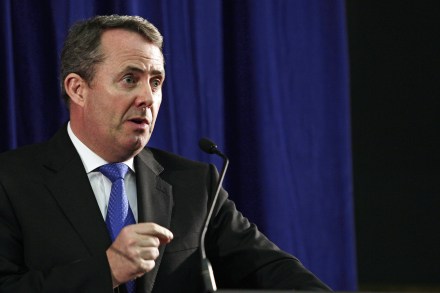French planes take to the skies as Sarko talks tough
And so it starts. French News Channel BFM reports that French fighter jets are airborne over Libyan skies; al Jazeera corroborates the report, adding that these are reconnaissance missions. By the sounds of things, French military sources are briefing international agencies, adding to the sense that the domestically troubled President Sarkozy wants to capitalise on his sudden international prominence. Sarkozy has just been speaking outside the summit meeting in Paris, which he hosted as Chairman of the G20 and G8. His words were stern: “In Libya, a civilian population which is passive which requires nothing further than the right to choose itself its destiny finds itself in danger of life. We have a
